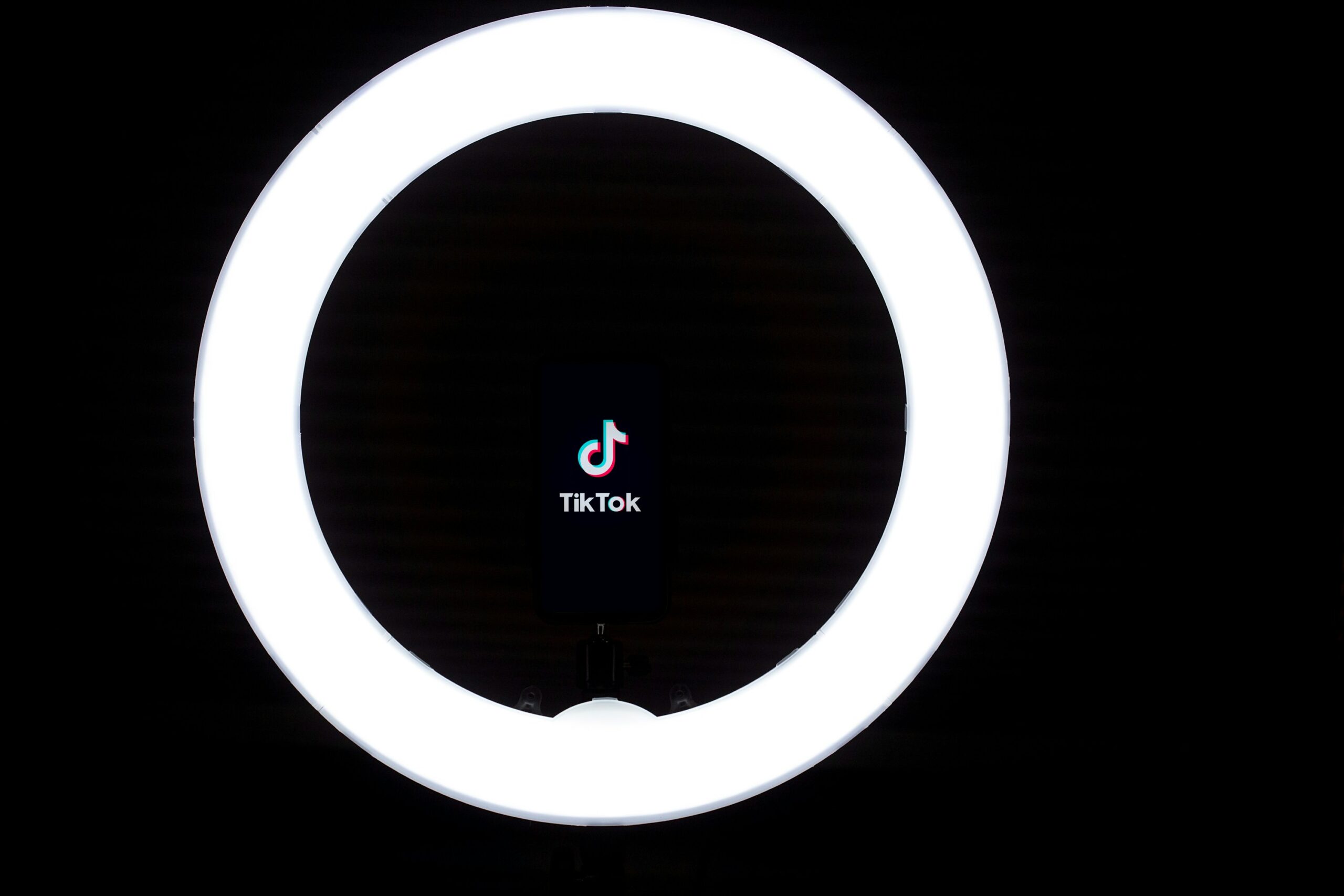Social media has become an inextricable part of our daily lives, transforming the way we communicate, work, and play.
It has redefined interactions, giving everyone a voice and a platform to share their perspectives. In essence, social media has democratized information, and this has significant implications for businesses, individuals, and societies at large.
An Evolving Communication Landscape
In the age where information is at our fingertips, social media channels have emerged as influential news sources.
They have carved a niche in the changing landscape, where traditional media no longer hold exclusive control over the dissemination of information. Today, social media offers a convenient and accessible platform for real-time news, even in remote corners of the world. This shift has transformed the way we consume information and interact with the world around us.
Harnessing Social Media for Business
From a business perspective, the rise of social media has opened up unprecedented opportunities. Companies can now engage directly with their customers, fostering relationships and understanding their needs better. It’s no longer a one-way communication street; businesses can listen, respond, and adapt to consumer feedback rapidly.
Moreover, social media provides a potent tool for brand visibility and promotion. By creating compelling content that resonates with their target audience, businesses can harness the virality of social media to reach a wider market. Organic shares and likes from satisfied customers serve as the digital word-of-mouth, providing credibility and driving business growth.
The Advent of Influencer Marketing
One of the defining trends of the social media age is the rise of influencer marketing.
With their large online following, influencers have emerged as powerful promoters of brands and products. Their authentic and relatable content can sway the purchasing decisions of their followers, offering a goldmine for businesses looking to tap into new consumer segments.
However, this strategy requires a nuanced approach. Audiences put a premium on authenticity, and the apparent commercial intent can lead to skepticism.
Therefore, choosing influencers whose values align with the brand and ensuring a seamless and natural integration of promotions in their content is crucial.
Balancing Privacy with Personalization
On the flip side, the advent of social media raises valid concerns around privacy and data security.
As social media platforms personalize advertising based on user preferences, there’s a thin line between useful and intrusive. Balancing this need for personalization without invading privacy is a tightrope that businesses need to tread carefully.
Building a Positive Social Media Culture

At a societal level, the pervasive influence of social media has its pros and cons. While it has made information more accessible, it has also led to the spread of misinformation.
Hence, there’s a need for a collective effort to build a positive social media culture, one that values authenticity, respects privacy, and promotes responsible sharing.
To sum it up, social media is a powerful tool that has transformed our lives in many ways. Used responsibly and ethically, it has the potential to foster positive interactions, drive business growth, and build a more connected world. It’s clear that social media is not just a passing trend, but an important part of our evolving digital landscape.


